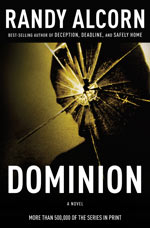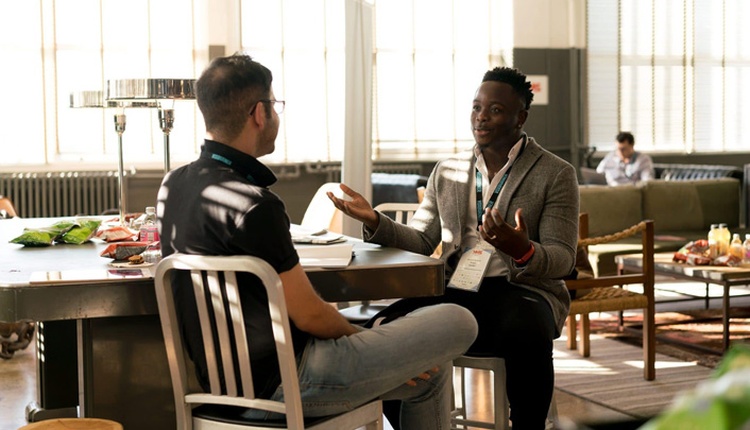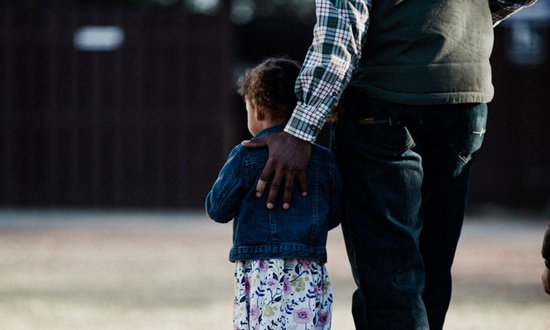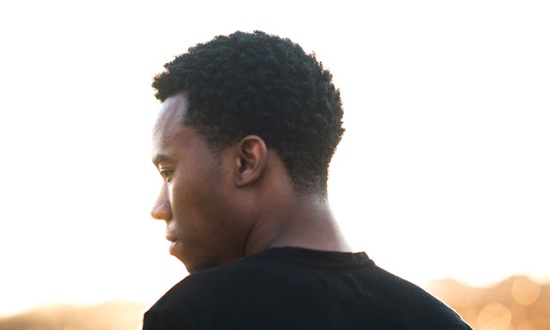In this excerpt from my novel Dominion¸ two characters discuss racial stereotypes about black people.
If you’d like to explore more about racial unity, I highly recommend the resources of Tony Evans, many of which are available for free, including his booklet A Personal Challenge to Black and White Americans.
Jake’s face turned serious. “So, since we’ve been talking about race, can I bring up something you and I almost never talked about when it happened?”
Clarence studied him. “Now you’ve got me curious. What?”
“When O. J. Simpson was arrested for murder.”
“Oh, wow. We’re going there?”
“You remember the split between whites and blacks on whether he was guilty?”
“Wish I could forget. It was agony. You know, Jake, I remember the exact day of his acquittal, can you believe that? October 3, 1995.”
“I wasn’t sure how to even bring it up with you back then,” Jake said. “My friends and family all thought he was guilty. It seemed obvious. But I knew a lot of black people saw it differently. I wondered what you thought but I was afraid to ask. Maybe I was insecure about our friendship, I don’t know. But I’m asking now.”
“The truth is, when O. J. was accused, I felt like I’d been accused.”
“But…why?”
“Because I’m a black man.”
“But that doesn’t—”
“I know, I know. It sounds irrational. One day I overheard two rednecks at a lunch counter, talking about O. J. One guy said to the other, ‘What’d you expect from his kind?’ I wanted to put his face in his mashed potatoes, but then he probably would have just said, ‘What’d you expect from his kind?’” Clarence laughed, but not convincingly.
“You know what I thought about, Jake? Something I never told a white guy before, but I sure brought it up to my black friends.”
“What?”
“I thought about how nearly all serial killers are white. Manson. Son of Sam. Bundy. Dahmer. Gacy. On and on. But when Dahmer sexually abused and murdered men and cannibalized them, did anyone say, ‘What’d you expect from a white man?’ Did anyone even think of saying that? Of course not.
Or what about espionage? When Aldrich Ames betrayed CIA agents in the Soviet Union for a maroon Jaguar and a nice house, and twenty people were murdered as a result, did anyone say, ‘That’s a white man for you’?”
“Race has nothing to do with it,” Jake said.
“Yeah. Unless you’re a black man and it’s a black criminal, then all the rules change. See, when a white man does something wrong, he’s just another bad man. But if Dahmer had been black, the whole equation would’ve changed. He wouldn’t have been just another bad man; he’d have been another bad black man, a black murderer, a black cannibal. Every black man feels the weight of that—at least, I do.”
“It really affects you that way? The thought never occurred to me.”
“Yeah, it never occurred to me how women look at things until I married Geneva, and I got a crash course education!” Clarence laughed. “To survive in this culture, black people need to know how white people think, but whites don’t need to know how blacks think. Since they don’t have to, they don’t usually take the time to learn. I get that. If 80% of Americans were black we’d be the dominant culture, and I wouldn’t need to know white people, I’d probably just accept the stereotypes.”
“What are the stereotypes of blacks that bother you most?”
“It’s not just the stereotypes, it’s how one-sided they are. For instance, black men have illegitimate children and don’t raise them or care for them. That’s what people think. Well, how many centuries did white men rape their black slave women, get them pregnant, refuse to acknowledge the children as their own or raise or care for them? How many black men have been accused of ‘having a thing’ for white women? How many black men are automatically viewed as potential rapists of white women, when for hundreds of years it was routine for white men to rape black women? But have white men ever thought everybody’s viewing them as rapists? No. Black men do.”
“Well,” Jake said, “white men do have to live with the stereotype of being racist oppressors. Sometimes you feel like everybody’s loading guilt on you. It really gets old.”
“I hear you. But what about the ‘Blacks are violent’ stereotype? I heard people in the sixties point to marches and demonstrations and riots to defend that thesis. But look at organized labor in this country. White workers marching, rioting, and burning city blocks before the civil rights movement even existed. Look at history. For three hundred years whites buy and sell, steal, whip, torture, rape, brutalize, and murder their black slaves. The vast majority of those blacks never fought back, never returned violence for violence. You could make a great case for American blacks historically being the least violent people in the world, obviously a great deal less violent than the whites who abused them. After all that, now you’ve got some black criminals rioting and gang members shooting each other and everybody thinks, ‘Yeah, those black people are just violent by nature.’”
“I don’t think that way, Clarence.”
“Maybe you don’t. But haven’t you heard people talk about Africa? Idi Amin and what he did in Uganda. The civil war in Mozambique. The slaughter in Rwanda.
They think it’s because blacks are violent—I’ve heard it said, Jake. I’m sure you have too. And I say, look at the bloodshed in the Middle East. So that makes Arabs and Jews violent by nature? Look at the wars and murders in Central America. Hispanics are violent by nature? Look at the bloodshed in China—Mao killed what, five times the number Hitler did? And Pol Pot in Cambodia. Well, Asians must be violent by nature, right? Hitler was a Caucasian. So were all the soldiers who killed the six million. And how about Stalin’s Caucasian Russians murdering starving children in the Ukraine, millions of them? And what about the Bosnian Serbs? More Caucasians. Look at Ireland. They’re white as they can be, religious church-goers, too. But does anybody say when the bombs kill people, ‘See that proves it—those whites, they’re just violent by nature’? Of course not.”
Jake felt Clarence’s frustration and didn’t know how to respond.
“Know what it all tells me, Jake?”
“What?”
“Not that blacks are violent. Or Hispanics are violent. Or Asians are violent. Or whites are violent. Just that all of them are people and it’s people who are violent. Color doesn’t matter. Like Pastor Clancy says, ‘It’s not a skin problem, it’s a sin problem.’”
 “I’m with you there, brother,” Jake said. “And I’ve got another example for you. Think about the two best known college coaches in the 90’s, Bobby Knight and John Thompson. You were a sports writer then, so you know where I’m going, don’t you? Knight grabbed players by their jerseys and screamed and swore at referees and threw chairs. Thompson was a controlled disciplinarian who treated his players with respect. But nobody looked at Bobby Knight and said, ‘Just another out-of-control white man.’ And they didn’t look at John Thompson and say ‘There’s another cerebral, thoughtful, disciplined black man.’”
“I’m with you there, brother,” Jake said. “And I’ve got another example for you. Think about the two best known college coaches in the 90’s, Bobby Knight and John Thompson. You were a sports writer then, so you know where I’m going, don’t you? Knight grabbed players by their jerseys and screamed and swore at referees and threw chairs. Thompson was a controlled disciplinarian who treated his players with respect. But nobody looked at Bobby Knight and said, ‘Just another out-of-control white man.’ And they didn’t look at John Thompson and say ‘There’s another cerebral, thoughtful, disciplined black man.’”
Clarence looked at Jake with surprise. He smiled thoughtfully. “Careful there, Jake. It’s like you’re starting to see through different eyes. That could get you in trouble.”




